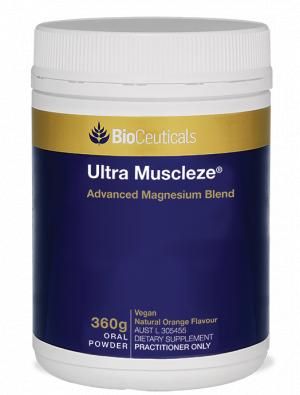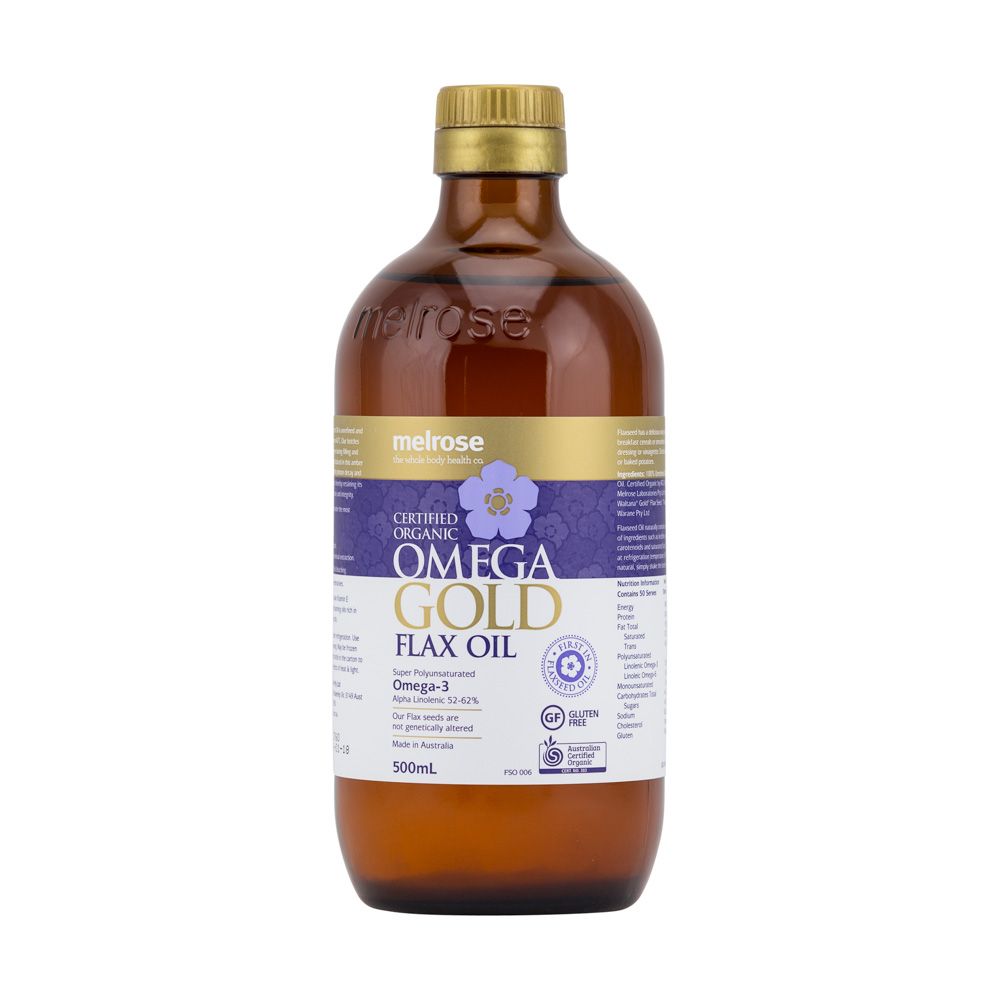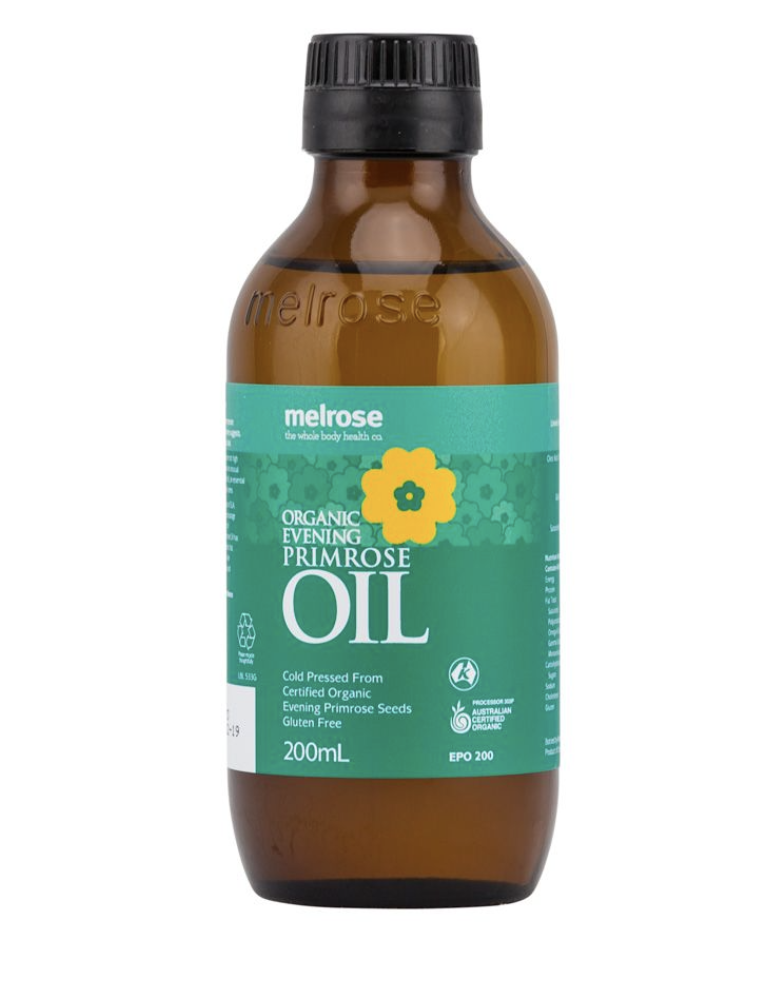PMS (premenstrual syndrome) is the name for the varying symptoms women can experience in the weeks leading up to their period. It's estimated that as many as three quarters of women have experienced some form of premenstrual syndrome in their lives...

Common symptoms of PMS include
Mild anxiety
These women suffer from mild anxiety, irritability and emotional behaviour . PMS-A is thought to be due to a hormonal imbalance; oestrogen levels are high and progesterone levels are insufficient. This hormonal imbalance is very common and is best addressed by encouraging the body to produce more progesterone.
The herb Vitex agnus-castus (otherwise known as chaste tree) is one of the main herbs used to regulate the menstrual cycle, especially where there is a deficiency in progesterone . Typically it is used from the first day of the menstrual cycle up until ovulation which falls around day 14 (in a 28-day cycle).
B vitamins are often a good idea as they play a role in the metabolism of oestrogen, as does magnesium. As the liver is where our hormones are metabolised another recommendation is to take the herb St Mary's thistle (often called milk thistle) as it aids normal liver function and has traditionally been used as a liver tonic.
And who'd have thought your mum was right - eat your brussel sprouts, girls! Foods such as brussel sprouts, broccoli, cabbage and cauliflower help with the metabolism and excretion of oestrogen.
Carbohydrate cravings
Symptoms such as increased hunger, sugar cravings, headaches, fatigue, heart pounding, dizziness or fainting . They tend to have an abnormal blood sugar level response in the five to ten days prior to menstruation. They need to be careful with their diet, avoiding as much processed food, sugar and alcohol as possible, particularly during the last two weeks of their cycle which is the time PMS occurs.
Nutrients that are specific for this type of PMS include:
Chromium helps to improve glucose tolerance. Foods high in chromium include brewer's yeast, wholegrain breads and cereals, cheese, eggs, bananas, spinach, mushrooms and broccoli.
B vitamins are important for the metabolism of carbohydrates (vitamin B1 & vitamin B12), regulation of blood sugar levels (vitamin B3) . Foods rich in B vitamins include whole grains, brewer's yeast, eggs and wheat germ.
Fluid Retention
The major symptoms of this type of PMS include weight gain, fluid retention in the extremities, breast tenderness and abdominal bloating.
Again the herb Chaste Tree (Vitex agnus-castus) can be used to address fluid retention and breast soreness.
Avoid eating excess salt as it contributes to fluid retention. It is also important to consume enough potassium. Potassium-rich foods include bananas and fresh fruits and vegetables. Vitamin B6 may be useful in this type of PMS as it may relieve breast tenderness and fluid retention. This important vitamin may also help with mood changes, irritability and fatigue associated with premenstrual syndrome.
The 'Blues'
These women may experience symptoms such as forgetfulness, crying, confusion and insomnia. This is considered the least common type of PMS and may be related to an increase in breakdown of neurotransmitters in the brain in response to decreased oestrogen levels. The herb St John's wort may be useful in this category of PMS as it helps with low mood and feelings of sadness and/or tearfulness.
Essential fatty acids such as those found in fish oil and evening primrose oil are important for our bodies. In particular evening primrose oil is a rich source of gamma-linolenic acid (GLA). Low levels of GLA have been found in women with premenstrual syndrome (PMS). It is often worthwhile consulting with a healthcare professional such as a herbalist or naturopath who can guide you in choosing the most appropriate alternative therapies for your situation.
Things you can do that may help:
- Get regular exercise
- Minimise alcohol
- Get plenty of sleep
- Do not smoke
- Drink herbal tea instead of excess coffee
- Eat essential fatty acids like evening primrose oil or oily fish
Things to avoid:
- Bad fats - takeaway foods, margarine, processed foods, fried oils.
- Sugar - lollies, cakes, chocolates (a little good quality dark chocolate is okay)
- Alcohol
- Refined white flour products (choose whole grain products instead)
McDowells Products
Chamomile Tea
Chamomile tea has pain-relieving and antispasmodic properties for premenstrual symptoms. It relaxes the uterus and decreases the production of prostaglandins (hormone-like substances that cause inflammation and pain).
Evening Primrose Oil
Evening primrose oil may help to relieve the discomforts of PMS (premenstrual syndrome), menstruation, endometriosis and fibrocystic breasts.
Ultra Muscleze
Helps relieve muscular aches, pains, cramps and spasms. Supports healthy stress response. Helps in the symptomatic relief of pre-menstrual syndrome, including mood swings, fluid retention, bloating and breast tenderness.
Flaxseed Oil
Melrose Organic Flaxseed Oil is a source of Omega-3, 6 and 9 fatty acids are one of two essential fatty acid nutrients required for optimum health. Omega-3 fatty acids are anti-inflammatory and especially recommended for the relief of inflammation associated with arthritis and to assist in the improvement of general well-being.





